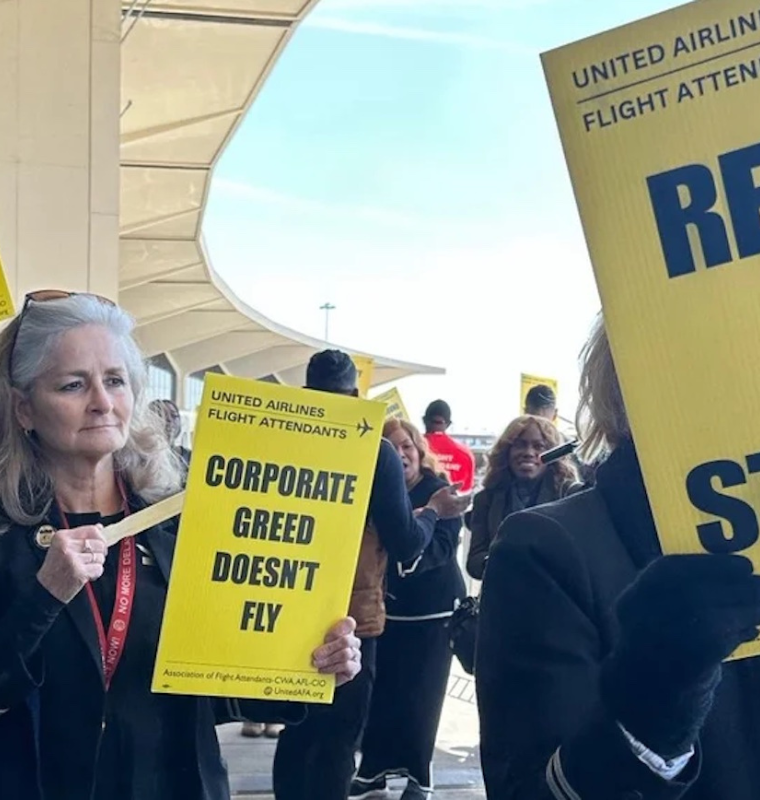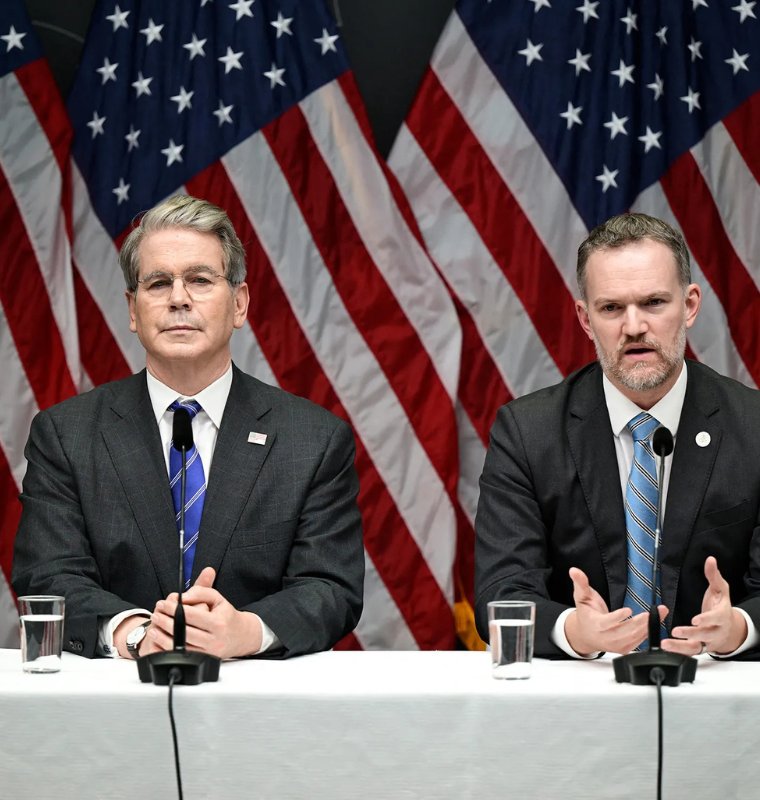Stellantis Halts 2025 Forecast Amid Trump Tariff Uncertainty
Stellantis Halts 2025 Forecast Amid Trump Tariff Uncertainty
By
David Goldfarb
Last updated:
April 30, 2025
First Published:
April 30, 2025

Source: Transport Topics
Stellantis Freezes Financial Outlook for 2025 as Trade Policy Clouds Future
Global auto powerhouse Stellantis, the parent company of renowned brands such as Jeep, Fiat, Dodge, Chrysler, Peugeot, and Citroën, announced it is suspending its full-year 2025 guidance due to growing uncertainty over U.S. trade policy under President Donald Trump’s administration. The decision reflects deeper concerns within the auto industry about the unpredictable nature of global tariffs and their impact on supply chains, pricing, and production.
Revenue Drops as Shipment Volumes and Pricing Hit Hard
In its first-quarter earnings report, Stellantis disclosed net revenues of €35.8 billion (approximately $40.7 billion), representing a 14% year-over-year decline. The drop surpassed analyst expectations of €35.4 billion, according to a Reuters survey. The dip was primarily attributed to:
- Lower global shipment volumes, particularly in North America and Europe
- Unfavorable regional mix, with reduced performance in high-margin markets
- Price normalization, following aggressive pricing strategies in prior quarters
Despite the decline in revenue, Stellantis' Chief Financial Officer Doug Ostermann pointed to early progress in strategic initiatives:
“While our Q1 top-line was down from the previous year, we're starting to see the impact of our commercial recovery plan taking hold,” he said.
Uncertainty Over Tariffs Prompts Strategic Reassessment
Stellantis said the decision to pull its full-year forecast stems from "elevated uncertainty" surrounding tariff structures under Trump’s evolving trade approach. The administration recently issued an executive order adjusting automotive import tariffs:
- 25% tariffs on imported vehicles remain in place, but overlapping duties — such as on imported steel and aluminum — are being partially adjusted to reduce the cumulative burden.
- An additional 25% tariff on imported auto parts is set to go into effect by May 3, though vehicles assembled in the U.S. may qualify for partial tariff reimbursements for the next two years.
The company stated it is “highly engaged with U.S. policymakers” to help shape policies that support fair competition and minimize disruption to global operations.
Industry-Wide Reactions and Broader Impact
Stellantis’ move echoes broader concerns across the automotive sector. The American Automotive Policy Council (AAPC) recently estimated that increased tariffs could raise the cost of an average imported vehicle by $4,000 to $6,000, affecting both manufacturers and consumers.
Tariff volatility is also causing supply chain recalibrations. Auto companies operating in Mexico and Canada, previously shielded by NAFTA and later the USMCA agreement, are now reconsidering their logistics strategies in light of potential tariff expansion or renegotiations.
“It’s not just about direct cost anymore,” noted Kristin Dziczek, senior industry advisor at the Center for Automotive Research. “It’s about unpredictability, which complicates production planning, inventory management, and workforce allocation.”
What's Next for Stellantis?
While Stellantis has not issued a revised earnings outlook, the firm continues to push forward on several fronts:
- Investing in EV and hybrid technologies, including the upcoming all-electric RAM and Jeep models
- Expanding in Asia and Middle East markets to reduce dependency on U.S. sales
- Negotiating tariff-safe assembly routes, including more U.S.-based assembly options for export vehicles
Analysts say Stellantis remains fundamentally strong but may face continued headwinds from volatile regulatory environments and geopolitical tension.
The decision by Stellantis to suspend its 2025 guidance sends a strong signal: regulatory uncertainty is becoming one of the most disruptive forces for global automakers. As tariffs evolve and global trade dynamics shift, the auto industry must remain agile, politically engaged, and operationally diversified.
Popular articles
Subscribe to unlock premium content
Fashion Waste and Sustainability in Fast Fashion Are Forcing a Global Industry Reboot

The Rise and Fall of Argentina’s Economy Reflects a Cycle of Promise and Crisis

Vietnam’s Manufacturing Boom Is No Accident and It’s Just Getting Started

Fashion Waste and Sustainability in Fast Fashion Are Forcing a Global Industry Reboot

The Rise and Fall of Argentina’s Economy Reflects a Cycle of Promise and Crisis

Fashion Waste and Sustainability in Fast Fashion Are Forcing a Global Industry Reboot









